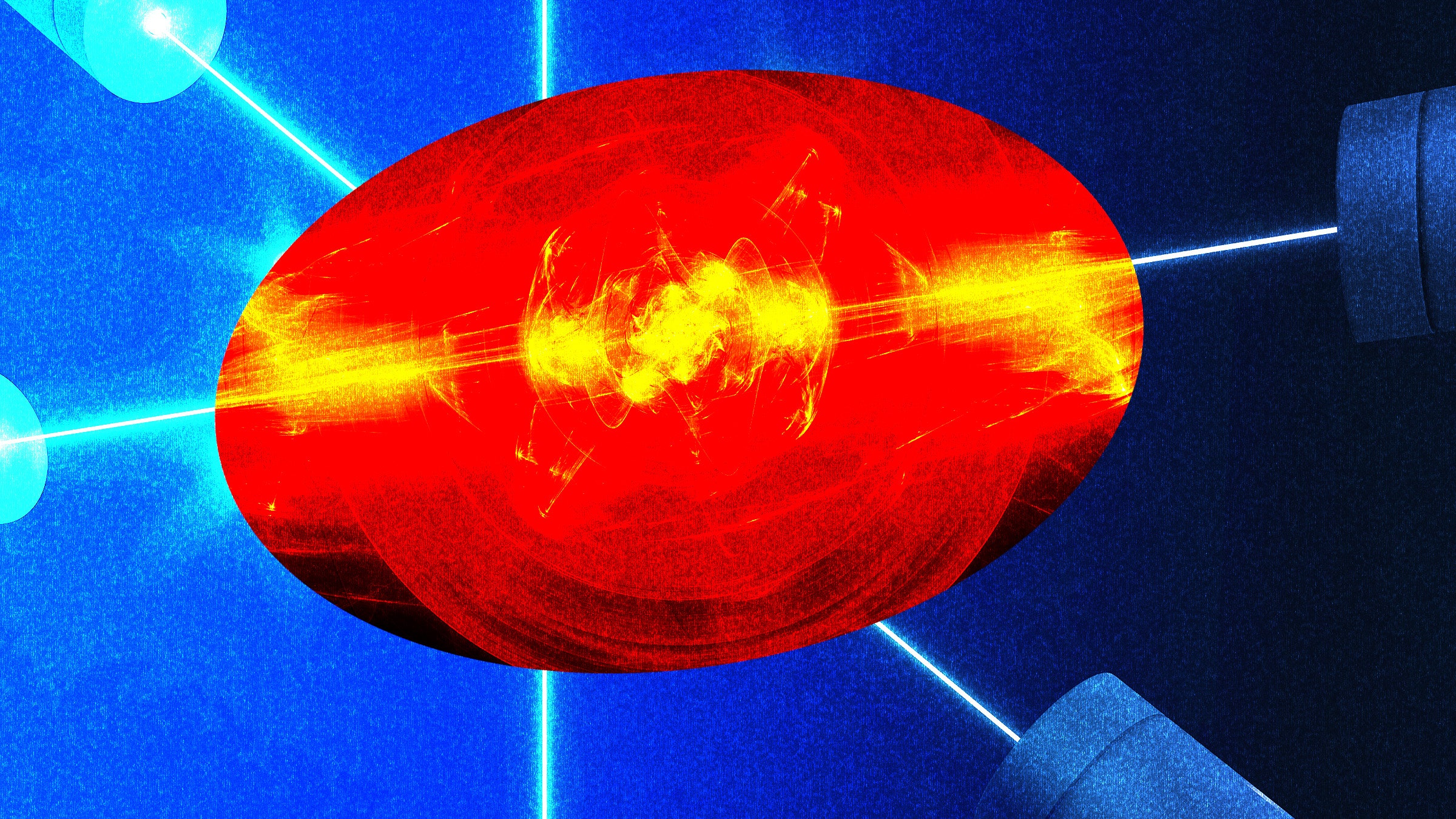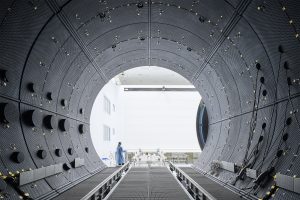Fusion Sparks an Energy Revolution
Scientists and researchers around the world are exploring the potential of fusion energy as a clean and abundant source of power.
Fusion is the process of joining two atomic nuclei to create a heavier nucleus, releasing a tremendous amount of energy in the process.
Unlike nuclear fission, which is currently used in power plants, fusion does not produce long-lived radioactive waste and is inherently safer.
The challenge lies in controlling the incredibly high temperatures and pressures required to sustain fusion reactions.
Efforts are underway to develop fusion reactors that can mimic the conditions found in the core of the sun, where fusion naturally occurs.
If successful, fusion could provide a virtually limitless supply of energy with minimal environmental impact.
Several countries and private companies are investing in fusion research, hoping to unlock its potential in the coming decades.
While fusion power is still in the experimental stage, recent breakthroughs have fueled optimism that a commercial fusion reactor could become a reality in the near future.
The transition to fusion energy could revolutionize the way we produce and consume electricity, paving the way for a cleaner and more sustainable future.
As the world faces the challenges of climate change and dwindling fossil fuel reserves, fusion energy offers a promising solution to meet our growing energy needs.










More Stories
Greener Is Getting Going
The AI-Fueled Future of Work Needs Humans More Than Ever
A Dangerous New Home for Online Extremism